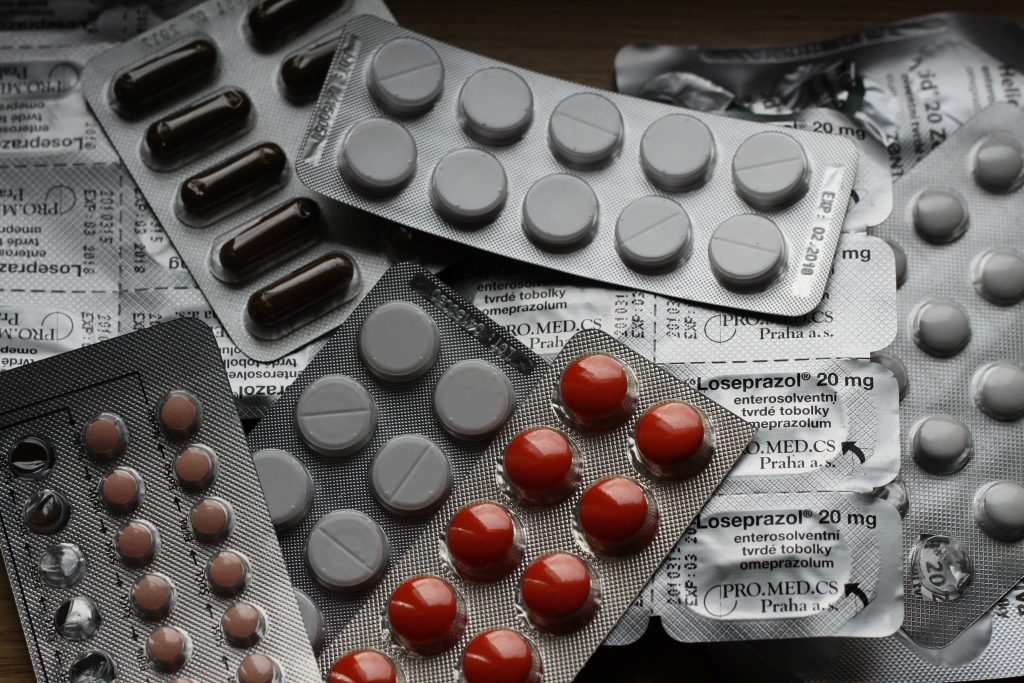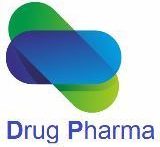Recalls of drugs are widespread.
Does that imply the safety of our medications?

Drug recalls are a relatively common occurrence in the pharmaceutical industry. When a medication is found to pose a risk to patients, typically, actions are taken to address the issue and ensure patient safety. Due to a defect in its formulation, manufacturing process, or labeling. While drug recalls can be concerning, they are not necessarily an indication that all medications are unsafe.
The fact that drug recalls occur is a testament to the strict regulatory framework that governs the pharmaceutical industry. The United States Food and Drug Administration (FDA) ensures that all medications are safe and effective before approving them for use. After approval, the FDA monitors their safety profile through mechanisms such as post-marketing surveillance and adverse event reporting. If the FDA discovers that a drug poses a risk to patients, it can take several actions, including issuing a recall.
Statics about recalling the drug
According to statistics, drug recalls are a relatively common occurrence in the pharmaceutical industry. The FDA, reports that there were over 4,000 drug recalls between 2004 and 2011. However, it’s important to note that not all drug recalls are related to safety issues.
Only a small percentage of drug recalls are related to serious safety concerns. A study published in the Journal of the American Medical Association (JAMA) found that between 2004 and 2011. Only 3.7% of drug recalls were classified as Class I recalls. Which means they posed a serious health risk to patients. The majority of recalls were classified as Class II (58.5%) or Class III (37.8%). Which means they posed a less serious or no risk to patients.
It’s worth noting that manufacturers or distributors initiate the vast majority of drug recalls voluntarily, rather than the FDA initiating them. According to a report from the Government Accountability Office (GAO), between 2009 and 2011, over 80% of drug recalls were voluntary.
Reasons for recalling medication
Drug recalls can be initiated for a variety of reasons. In some cases, medication may be recalled due to a manufacturing defect that could affect its potency, purity, or sterility. For example, in 2020, the FDA issued a recall of certain metformin products. Which is due to the presence of a carcinogenic impurity.
In some cases, medication recalls occur due to labeling issues that could lead to confusion or incorrect dosing. For instance, in 2019, a recall was issued for a popular blood pressure medication because of a labeling error that could have caused patients to take the wrong dosage.
How does the patient get safe medication?
While drug recalls can be concerning, it’s important to note that they are relatively rare events. The vast majority of medications on the market are safe and effective when used as directed. Patients can help ensure the safety of their medications. By following the instructions provided by their healthcare providers and carefully monitoring for any adverse effects. If a patient experiences any unexpected symptoms or side effects while taking a medication. Then they should contact their healthcare provider immediately.
In conclusion, drug recalls are a common occurrence in the pharmaceutical industry. But they are not necessarily an indication that all medications are unsafe. Rather, they are a reflection of the rigorous safety standards and monitoring mechanisms in place to protect patients. Patients can ensure the safety of their medications by following the instructions provided by their healthcare providers and reporting any unexpected symptoms or side effects.
